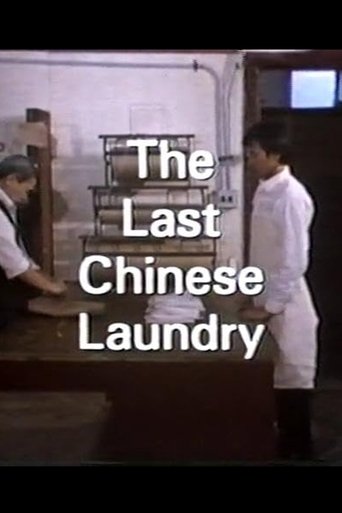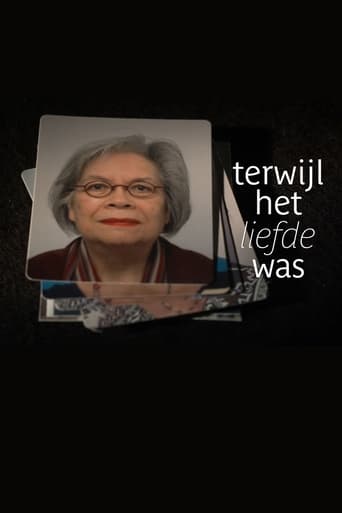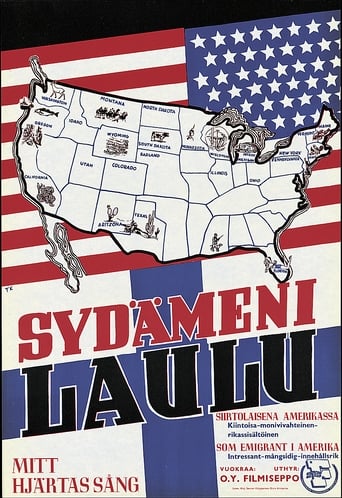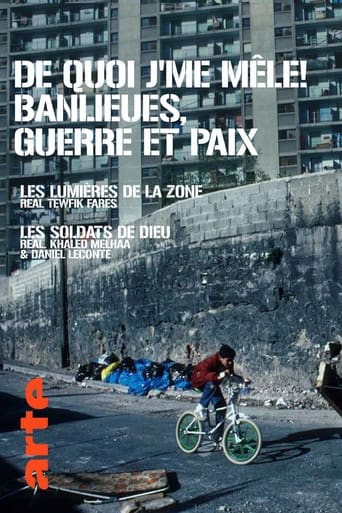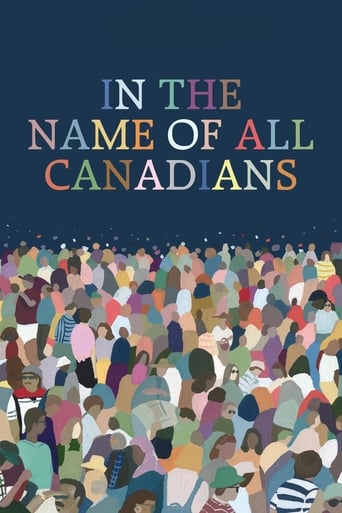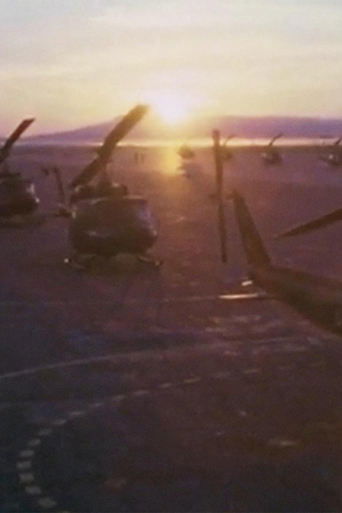
11 Jun 1922

Nanook of the North
This pioneering documentary film depicts the lives of the indigenous Inuit people of Canada's northern Quebec region. Although the production contains some fictional elements, it vividly shows how its resourceful subjects survive in such a harsh climate, revealing how they construct their igloo homes and find food by hunting and fishing. The film also captures the beautiful, if unforgiving, frozen landscape of the Great White North, far removed from conventional civilization.
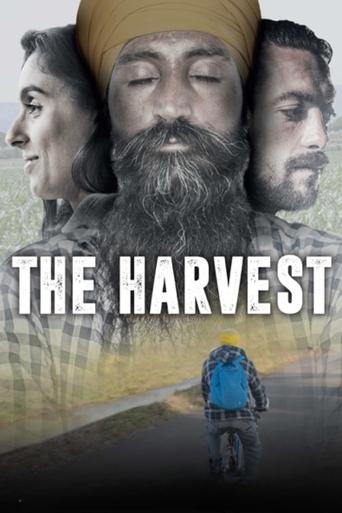
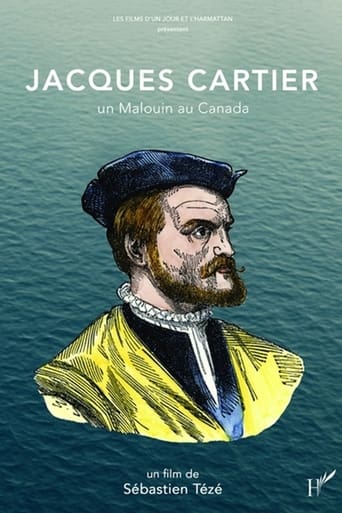
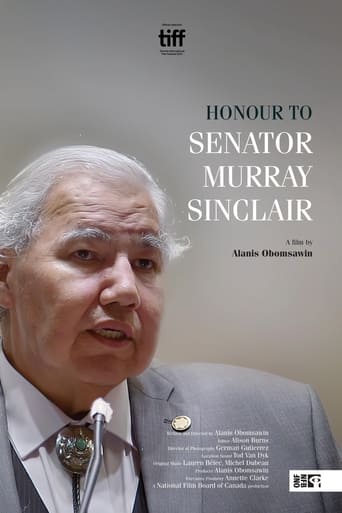
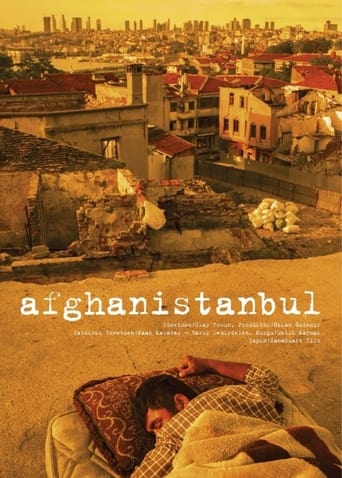


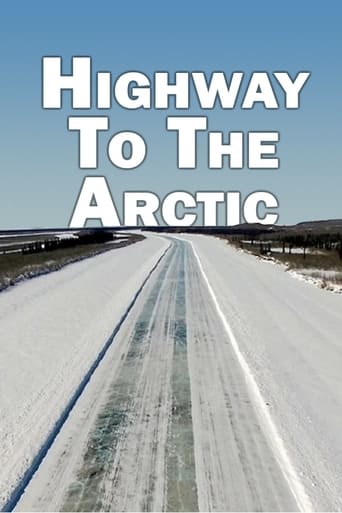
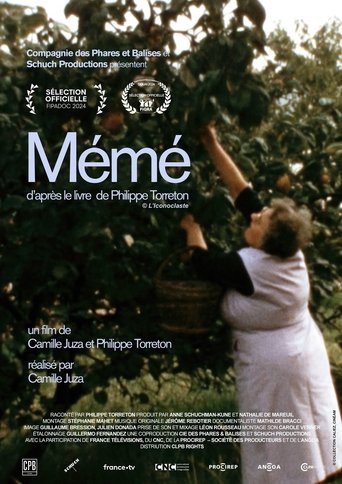

![Morkovcha [Korean Carrot Salad]](https://image.tmdb.org/t/p/w342/zB8wUIPEjzkOxuZcSVx1q5hcAvz.jpg)
